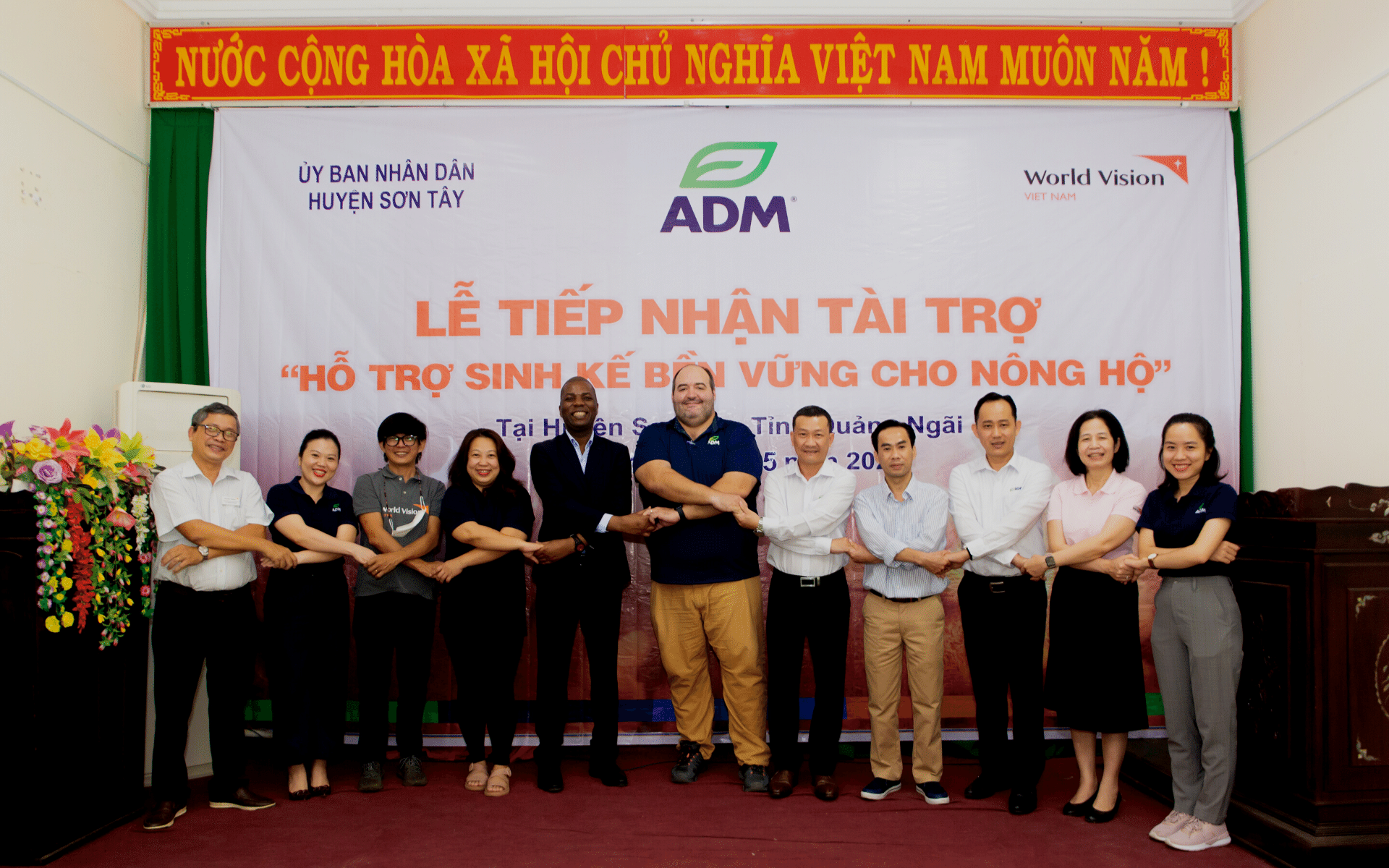With nearly 70% of the population living in rural areas, agriculture and rural economic development are enshrined as the most important factor ensuring the sustainable development of Việt Nam. The livestock-raising sector accounts for around 25% of agriculture production and plays a crucial role in rural livelihoods, providing supply of foodstuff and contributing to national food security and social stability. Throughout the country, livestock-based livelihood is dominated by poultry production by 69% of rural households. In the period 2011-2015, livestock farming grew at an average growth rate of 3.4% (Việt Nam Academy of Agricultural Sciences, 2016). For over a decade, Việt Nam has strived to shift the livestock industry from small-scale production to bigger-scale farms with a view to ensuring food safety and minimizing environmental pollution. Despite these efforts, as of 2016, over 85% of Việt Nam's livestock was still raised on small-scale farms. This practice leads to un-scalable production levels and prices, as well as inconsistency in the quality of breeds (Việt Nam's Meat Market, Ipsos Business Consulting, 2016).
In recent years, the livestock raising sector has faced additional difficulties such as rising input costs, product price instability, diseases, excessive use of prohibited substances and antibiotics, and competition for imported meat products. The livestock sector development, nevertheless, is essential to build food and nutrition security of the communities as an important source of human food, income, energy, and employment.
To tap into these market’s opportunities and help smallholder farmers develop suitable and sustainable livelihoods, World Vision Việt Nam collaborate with ADM for the “Sustainable Livelihoods for Smallholder Farmers” project, which is implemented in Hoà Bình, Quảng Ngãi, and Quảng Nam provinces, executed in two phases (2020 – 2021 and 2021 – 2022).
The project goal is to develop Sustainable livelihoods for smallholder farmer households through market-driven and environmental friendly husbandry and financial education through two outcomes covering:
1) Increased disadvantaged households’ knowledge and technical skills in poultry breeding using biological padding method, and
2) Increased households’ productivity and profit through engaging with input suppliers and market actors and improved financial literacy.
The project intervention is aligned with ADM philosophy as the project promotes sustainable agricultural development in rural areas. The project aims to improve farmers’ income and their quality of life, hence ensuring food security and nutrition for vulnerable children.
.png)
Budget
Phase I: USD 24,067
Phase II: USD 75,000
Donor
Timeline
Phase I: 12/2020 - 9/2021
Phase II: 12/2021 - 7/2022
Location
Phase I:
- Lạc Sơn District, Hòa Bình Province
Phase II
- Sơn Tây District, Quảng Ngãi Province
- Nam Trà My District, Quảng Nam Province
Beneficiaries
275 people in the Lạc Sơn, including 104 vulnerable children
130 farmers in Nam Trà My and Sơn Tây
Project Overview
For more information, please visit the Project's Fact Sheet.


